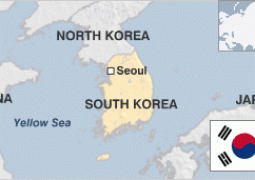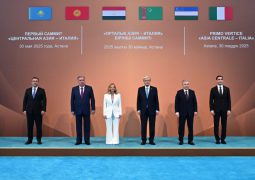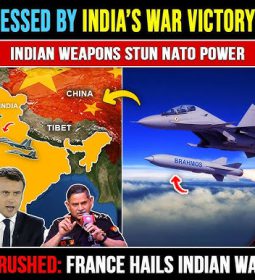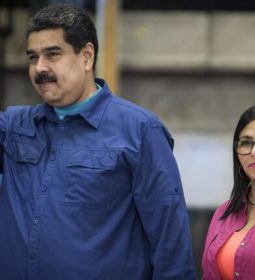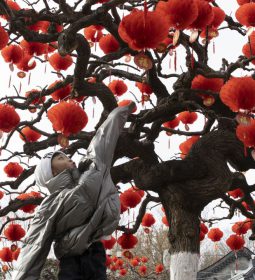Under Vladimir Putin, Russia Plays a Smart Round of Global Martial Arts
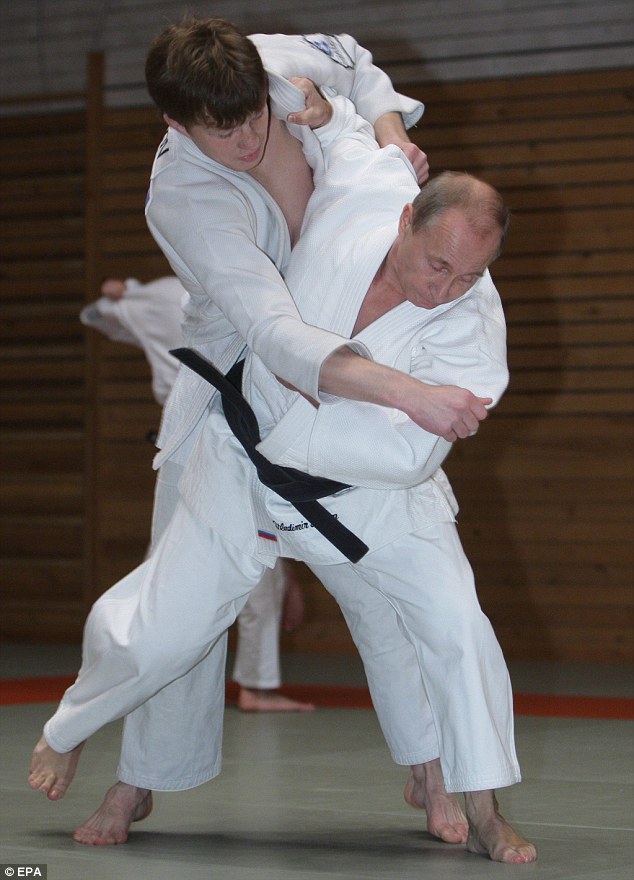
Britain has often claimed that it punches above its weight in world affairs, an assertion more in question than ever as it leaves the European Union. But in 2016, one country can make the claim without much fear of contradiction: Russia.
Russia is exerting an outsize influence on events in Europe, the U.S. and the Middle East in ways it hasn’t for decades, and many in the West deplore it. But there is a paradox: By most economic and demographic measures, Russia is a country in decline.
However hurt the country has been by Western sanctions over its actions in Ukraine, its economy suffers a more fundamental defect: a continued dependence on raw materials, particularly energy, for which prices have slumped in recent years.
Russia’s population has been falling and most projections see it sinking further, from 144 million people now to 100 million before the end of the century.
Yet from this position of weakness, Moscow is influencing politics across the West.
Politicians in countries formerly ruled by Moscow take Russian interference for granted. But the still-contested findings of U.S. intelligence agencies that Russia hacked computers in an effort to influence the U.S. presidential election are unprecedented.
In France, two Russophile politicians—François Fillon and Marine Le Pen—are the front-runners to compete in next spring’s presidential election. In Brussels on Thursday, Mr. Fillon said while he had no personal links with Russian President Vladimir Putin, “I simply have a lot of respect for Russia.”
Russia holds the world’s largest inventory of nuclear weapons and is one of five permanent members of the United Nations Security Council. As such, its global sway never completely disappeared. But under Mr. Putin, Russia is back where many of his countrymen believe it should be: at the top table of global affairs.
How has he done this? One explanation is because he can. Biographers make much of Mr. Putin’s skills at judo, which relies on taking advantage of opponents when they are off-balance.
Western governments are surely off-balance right now. The fallout from the financial crash has created a backlash against political establishments, government institutions and globalization. Russia is seen as amplifying this by influencing politicians, hacking and manipulating social media.
Russia is “using its whole range of state organs and powers to push its foreign policy abroad in increasingly aggressive ways, involving propaganda, espionage, subversion and cyberattacks,” Andrew Parker, the head of Britain’s MI5 intelligence agency, told the Guardian recently.
British security officials say Russian spies never disappeared from the streets of London and other major cities. But new technology means Russians can now influence politics through social media and cyberattacks from their own country at a very low cost.
“I think any Russian leader would have tried to exploit all this once Russia recovered from the shock of the Soviet collapse. But Putin is rather good at his job,” said Rodric Braithwaite, a former British ambassador to Moscow and a Russia historian.
Russia also gets a big bang for its military buck. A study from IHS Jane’s released this week said Russia fell one notch to sixth place in the league of global defense spenders in 2016, behind the U.S., China, the U.K., India and Saudi Arabia. Its annual defense expenditures of $48.4 billion amount to less than a 10th of the U.S. defense budget of $622 billion, and Jane’s expects Russia to fall behind France into seventh place by 2020.
Yet on this relatively modest budget, Russia’s military is active in and around Ukraine and other states on the country’s periphery, and has turned the tide of the war in Syria in favor of its client, Bashar al-Assad. Exploiting U.S. reticence over military involvement, Moscow is now a strategic player in the Middle East for the first time in decades.
True, even as it modernizes its military, Russia’s shows of force sometimes flatter to deceive. Its 30-year-old aircraft carrier puffed its way to the Mediterranean to great fanfare. Military experts say the carrier lacks catapults, which means planes aboard have to take off with small loads of fuel and weapons. Two aircraft have been lost there since the beginning of November.
Russian tactics are also crude by Western standards. A lot of the ordnance used in Syria are dumb bombs rather than the precision weapons Western forces use to avoid civilian casualties.
Russia “is pursuing a comparatively orderly program of military modernization, which impresses us more than, perhaps, it should,” said Mr. Braithwaite.
Nonetheless, under Vladimir Putin, Russia is back in the world. More doubtful is whether, having shaken the U.S.-led global order, it can erect anything in its place.
- Previous In Oil Face-Off, Saudis, Shale Both Claim Victory
- Next Spectre of extinction haunts ghost of mountains – snow leopards



